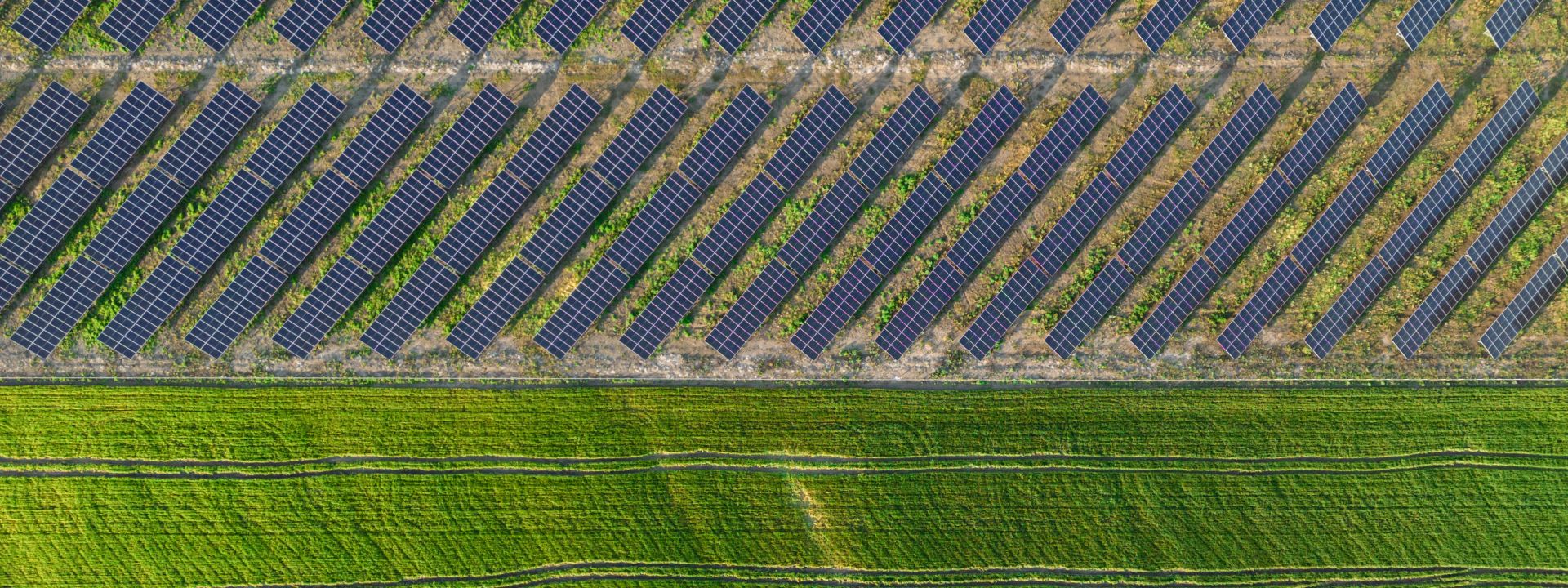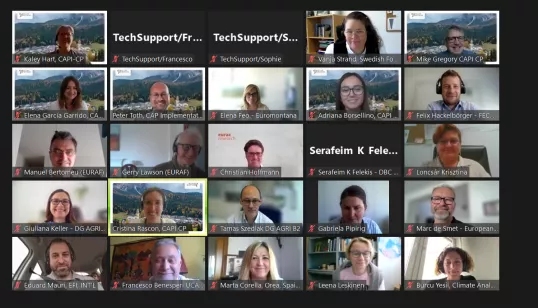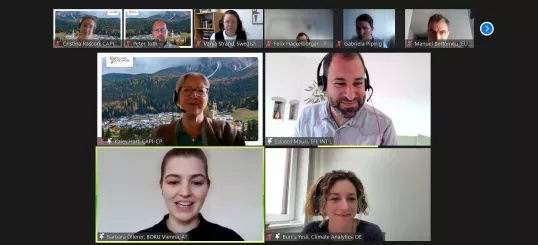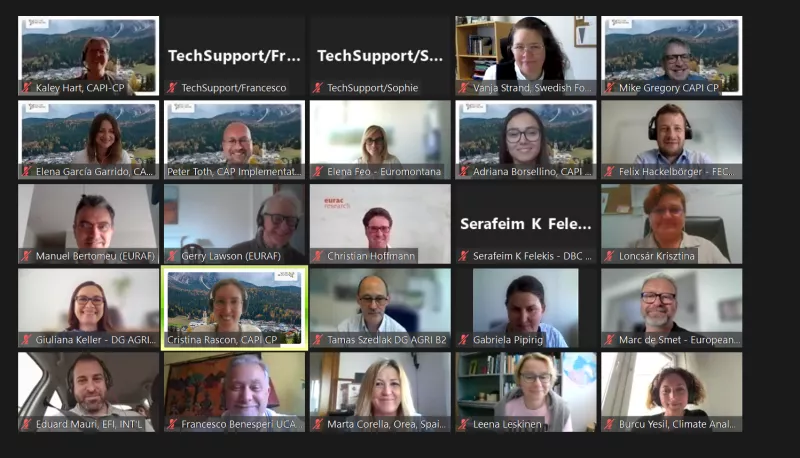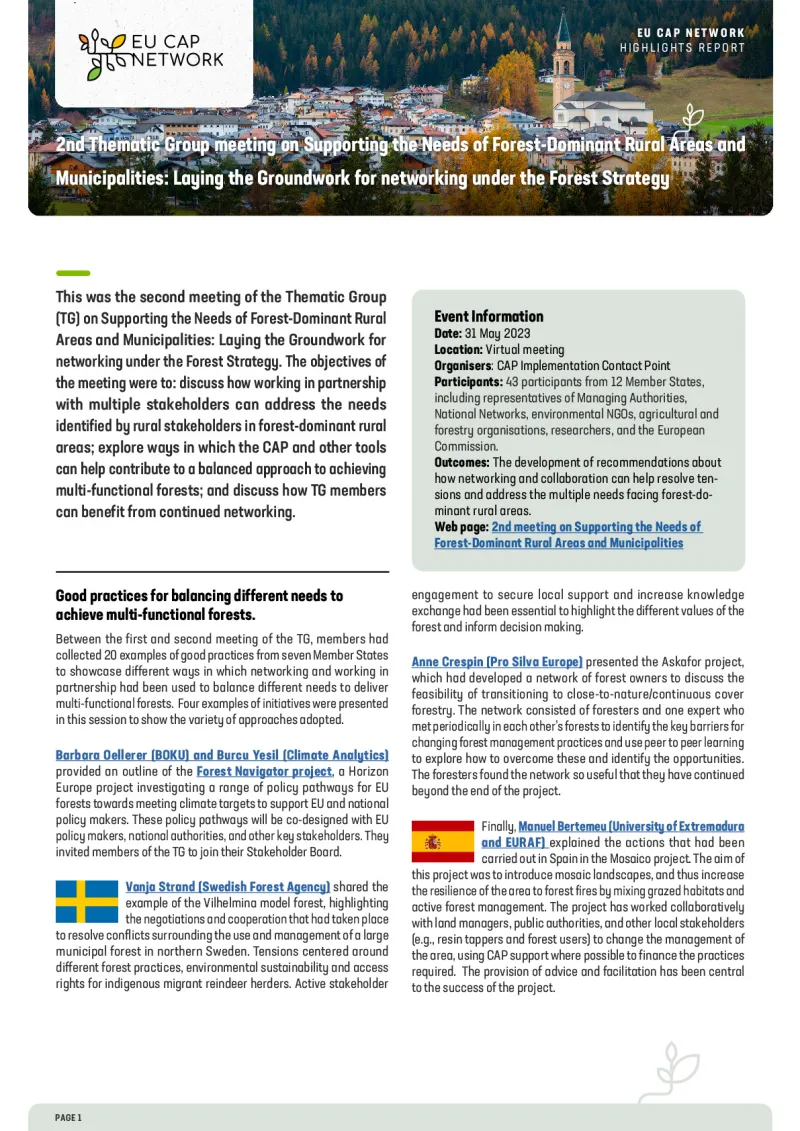This was the 2nd meeting of the Thematic Group on 'Supporting the Needs of Forest-Dominant Rural Areas and Municipalities: Laying the groundwork for networking under the Forest Strategy'
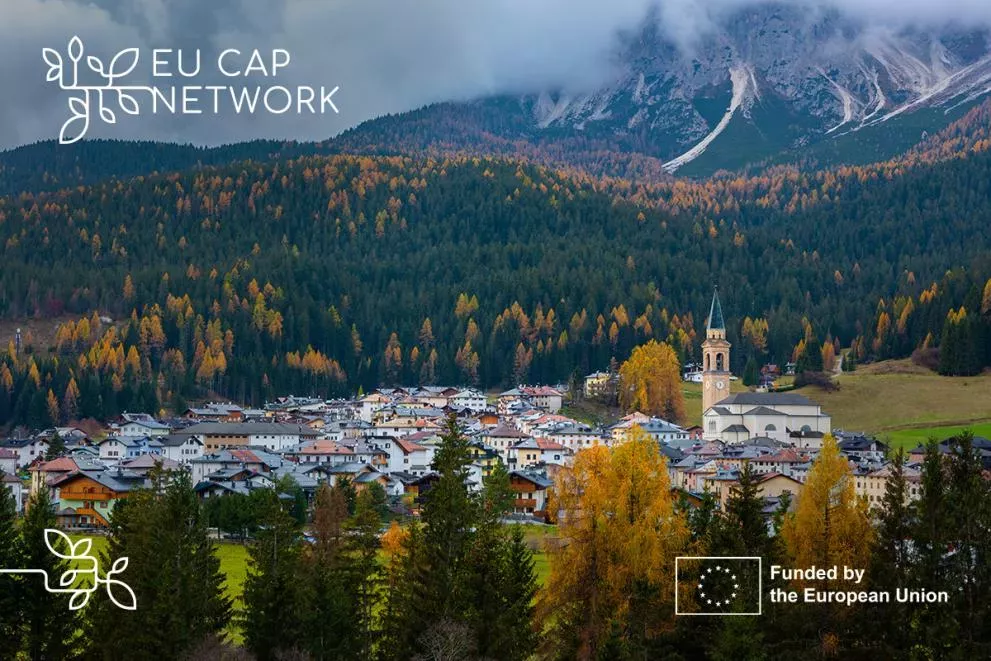
The EU Forest Strategy for 2030 (EUFS) outlines forests’ economic importance in providing the raw materials for wood-based products, income for local businesses, jobs for rural populations, etc. Forests also serve critical environmental functions for biodiversity and wildlife habitats, climate mitigation and adaptation through carbon sequestration as well as flood management and soil erosion prevention, and air and water nutrient cycling for combatting pollution, as well as offering social benefits as places of cultural heritage, recreation, and sources of traditional non-wood products for local communities.
Those who own and manage forests will play a key role in achieving the EU-wide goals laid down in the European Green Deal, the European Climate Law, the Biodiversity Strategy 2030 and the proposed Nature Restoration Regulation. To thrive economically and socially, as well as deliver against these overarching commitments, local communities, and areas where forests are dominant need to be enabled and empowered to do so.
One of the EUFS commitments is to develop "a network of forest-dominant rural areas and municipalities…to give voice to forest rural areas, ensuring their representation in key initiatives…and facilitating specific assessments of reality and needs of forest areas across the EU". The Thematic Group is aimed at bringing actors together to explore the potential shape and scope of the proposed network.
Aims of the meeting
Building on the lessons learnt from the 1st meeting of the TG and good practice examples shared by TG members, the second meeting of the Thematic Group aims to
- Discuss how working in partnership with multiple stakeholders can address the needs identified by rural stakeholders in forest-dominant rural areas,
- Explore ways in which the CAP can contribute to a balanced approach to achieving multi-functional forests (delivering economic, employment, climate change mitigation, recreational, conservation and other outcomes),
- Discuss how TG members can benefit from continued networking based on the work of the TG.
Programme
Final agenda
(PDF – 190.28 KB)
Additional info
Organiser

CAP Implementation Contact Point
EU CAP Network
